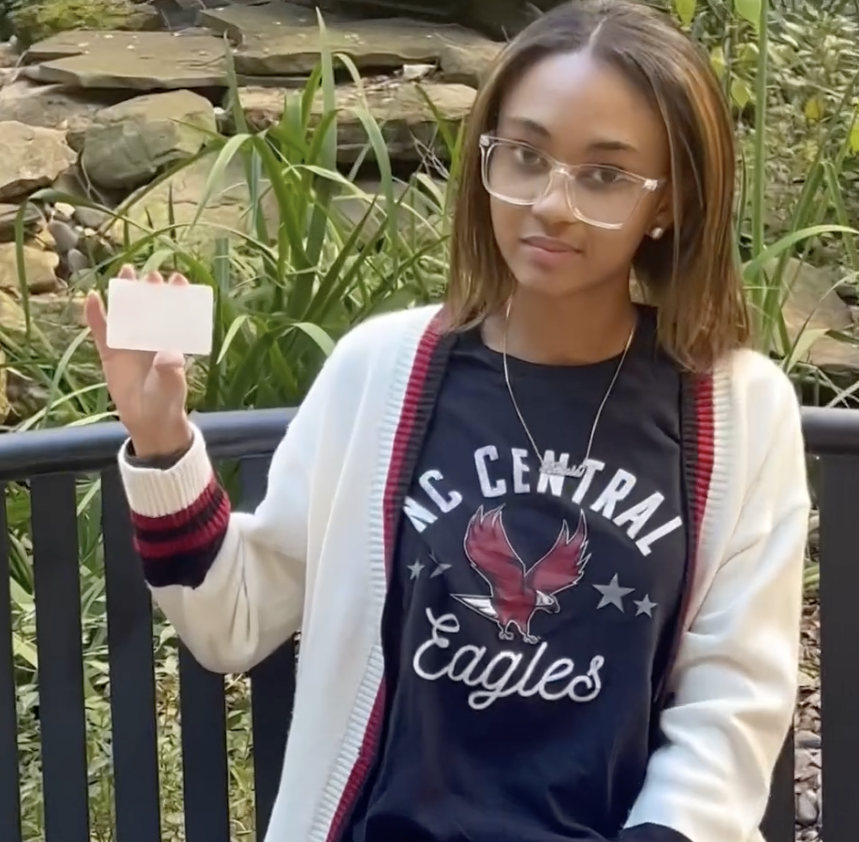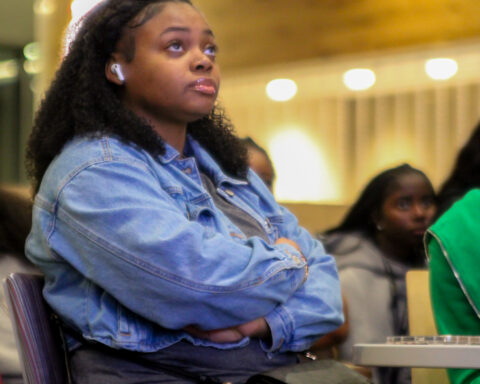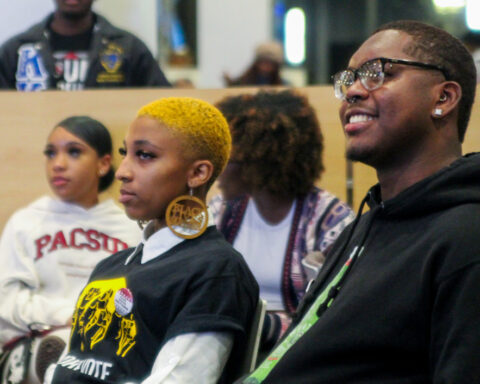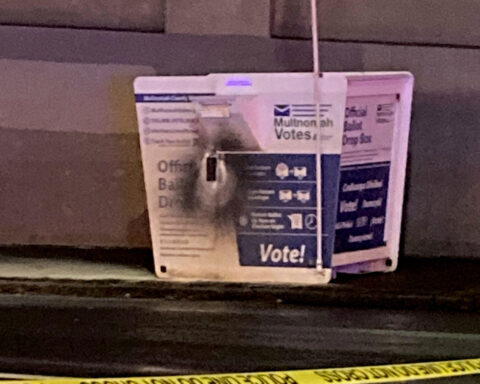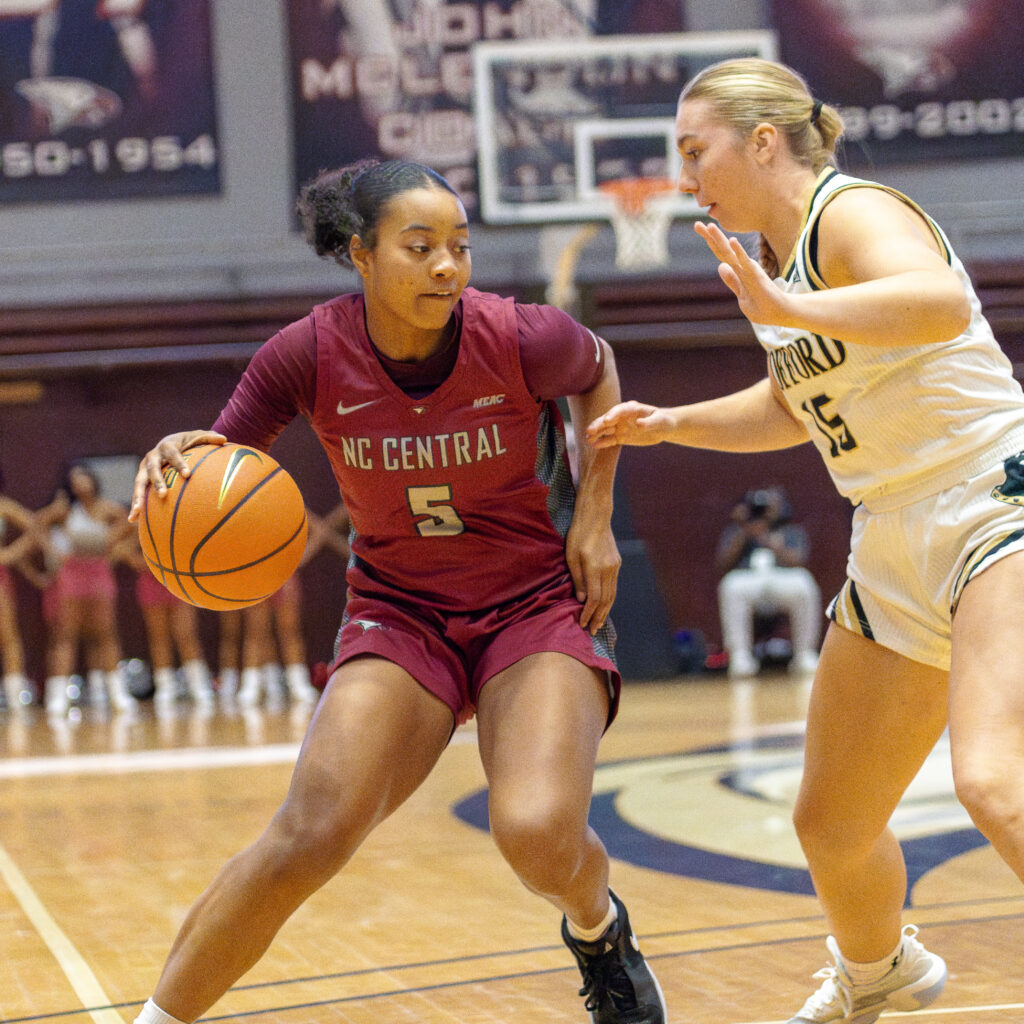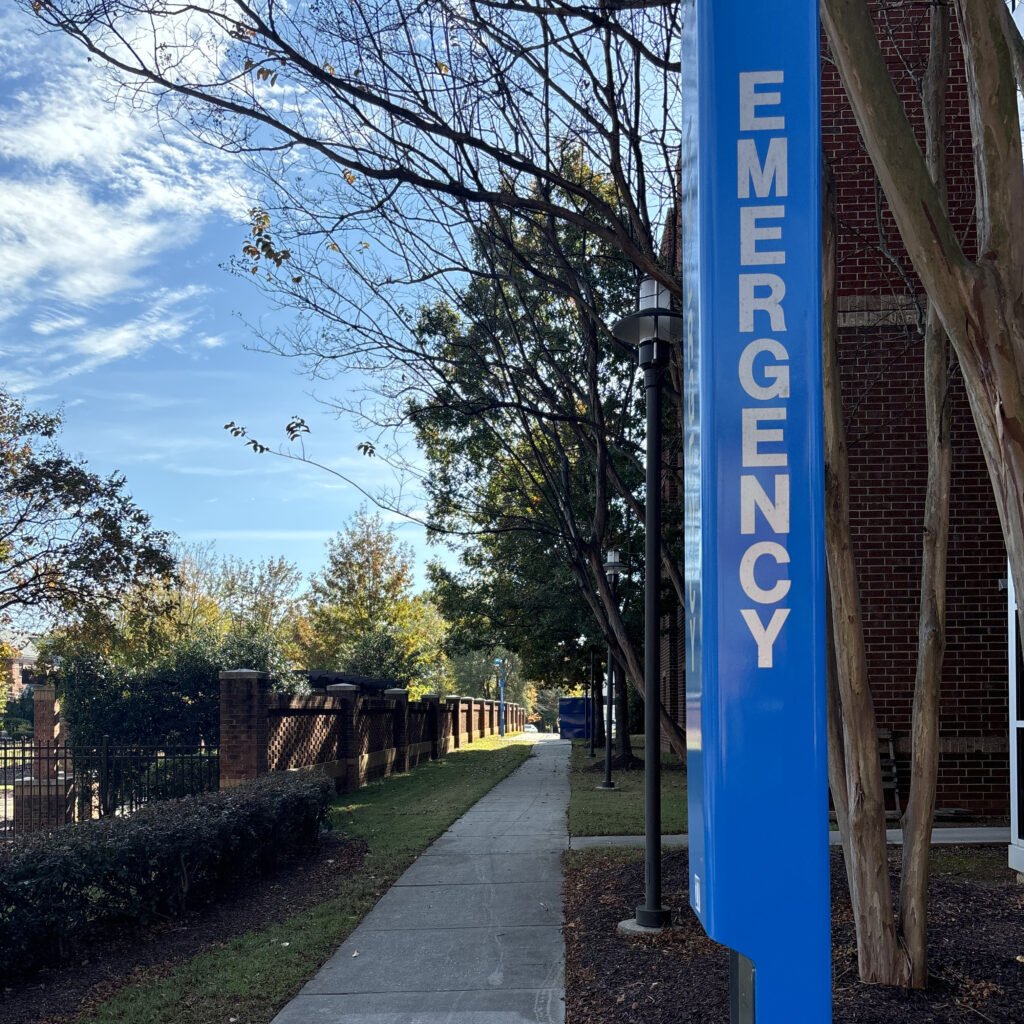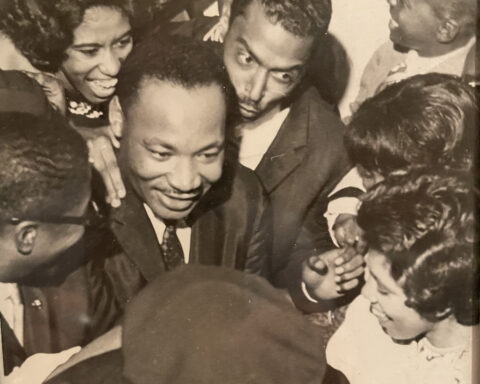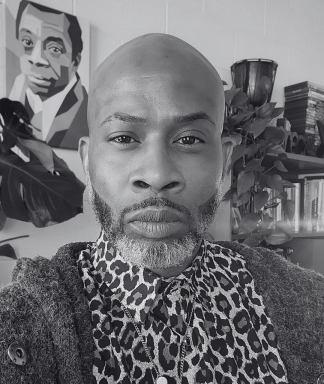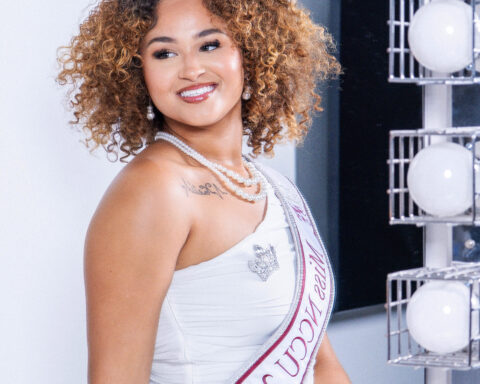When senior political science student Alexis Staten realized that her faded student ID photo was unrecognizable, she feared that she wouldn’t be able to vote in the 2024 presidential election. So, she sparked an initiative to replace students’ Eagle Cards for free, saving students from voting provisionally at the polls.
As an out-of-state student, Staten would not have been able to use her New Jersey driver’s license to vote unless she registered to vote in Durham County 90 days before Election Day. Luckily, she had a passport, but she said that she wanted to use her Eagle Card so that she could feel “extra secure.”
“I realized [my Eagle Card] would be an issue once the state announced their new voter ID laws,” Staten said.
North Carolina is one of 36 states that now require a form of identification to vote. If a voter does not have a sufficient form of identification, they may be instructed to vote using a provisional ballot. The problem? Provisional ballots get discarded at high rates.
According to the Election Administration and Voting Survey conducted by the U.S. Election Assistance Commission, 21.3% of provisional ballots cast went uncounted in 2022. Ninety-eight percent of provisional ballots cast that year at N.C. Central University’s Turner School of Law polling site were discarded according to the Duke Voting Rights Lab.
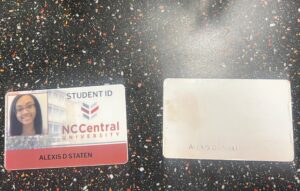
Staten knew that many students faced this issue because she had seen students with faded Eagle Cards around campus. This prompted her to collect photos of students’ faded Eagle Cards using a Google Drive folder where students could upload photos. Some students’ cards were so faded that they appeared almost entirely blank.
Artemesia Stanberry, an associate political science professor at NCCU, explained that students may not realize that their Eagle Card is faded because their photos are not needed for everyday use like swiping into the cafeteria or entering dorms.
When Staten understood the issue, she presented it to Stanberry, a collaborator with Duke University associate professor Gunther Peck at the Duke Voting Rights Lab. The lab facilitates a class titled “Provisional Ballots, Provisional Rights: Protecting Student Voters.”
The lab advocates for student voting access and encourages them to avoid using provisional ballots on Duke’s and NCCU’s campuses.
“Alexis informed us. And obviously we had to figure out how to act, even if it is to be a liaison to get her and me and people in the class to the right people to address this issue,” Stanberry said.
They also presented this issue to NCCU’s Civic Engagement Working Group, which includes Calleen Herbert, NCCU director for Community Engagement and Service, Marcus Spates, senior class president, and Sha’Lexus Sanders, director of Political Action and Community Engagement. Peck was also brought into the discussion.
Herbert agreed that the problem needed an immediate solution.
“Not to be able to use [an Eagle Card to vote] would be an injustice,” Herbert said.
Herbert said that she helped push the effort forward by connecting Staten and Stanberry to the Eagle Card Office, and then to Angela Coleman, NCCU’s Vice Chancellor of Student Affairs.
Coleman quickly set up a meeting between the Office of Community Engagement, Campus Enterprises, the Eagle Card Office, Student Engagement and Leadership, Legal Affairs, members of the Student Government Association, including Spates and Sanders, and the Durham County Board of Elections.
County Director of Elections Derek Bowens explained that faded IDs would not be accepted, prompting everyone to act fast.
Staten had Coleman’s full support at the meeting.
“I thought it was a great idea,” Coleman said. “I thought it was a way for the university to be proactive in making sure to remove any impediments or any obstacles for our students to vote.”
Coleman, along with the others in the meeting, was excited to push this effort forward. But they faced only one barrier: cost. To replace an Eagle Card students must pay $25.
“That would essentially be a poll tax,” Staten said.
Herbert, Stanberry and Coleman, likewise, did not want students to have the additional financial burden of replacing their cards.
Finally, there came a solution.
“I basically said that I was going to take on that cost from the Division of Student Affairs,” Coleman said.
Coleman promoted the initiative with the slogan “ID Exchange to Vote for Change.”
Students were able to replace their Eagle Cards at no cost from Oct. 16 until Election Day, Nov. 5.
Madison Lee, a sophomore political science student, replaced her faded Eagle Card thanks to the initiative.
“I felt really proud for using my Eagle Card to vote,” Lee said. “At first, I didn’t know if I could use my Tennessee license here to vote, but when I found out I could use my Eagle Card, I felt like I made the people before me who fought for my right to vote proud.”
According to Stanberry, Alexis was the hero of this effort.
“She stayed strong, dedicated and committed to make a difference,” Stanberry said.
Staten wants to encourage students to be engaged and to vote.
“This student ID effort was done by a student – by me – for students,” Staten said. “Advocacy truly does matter, and it does work.”

